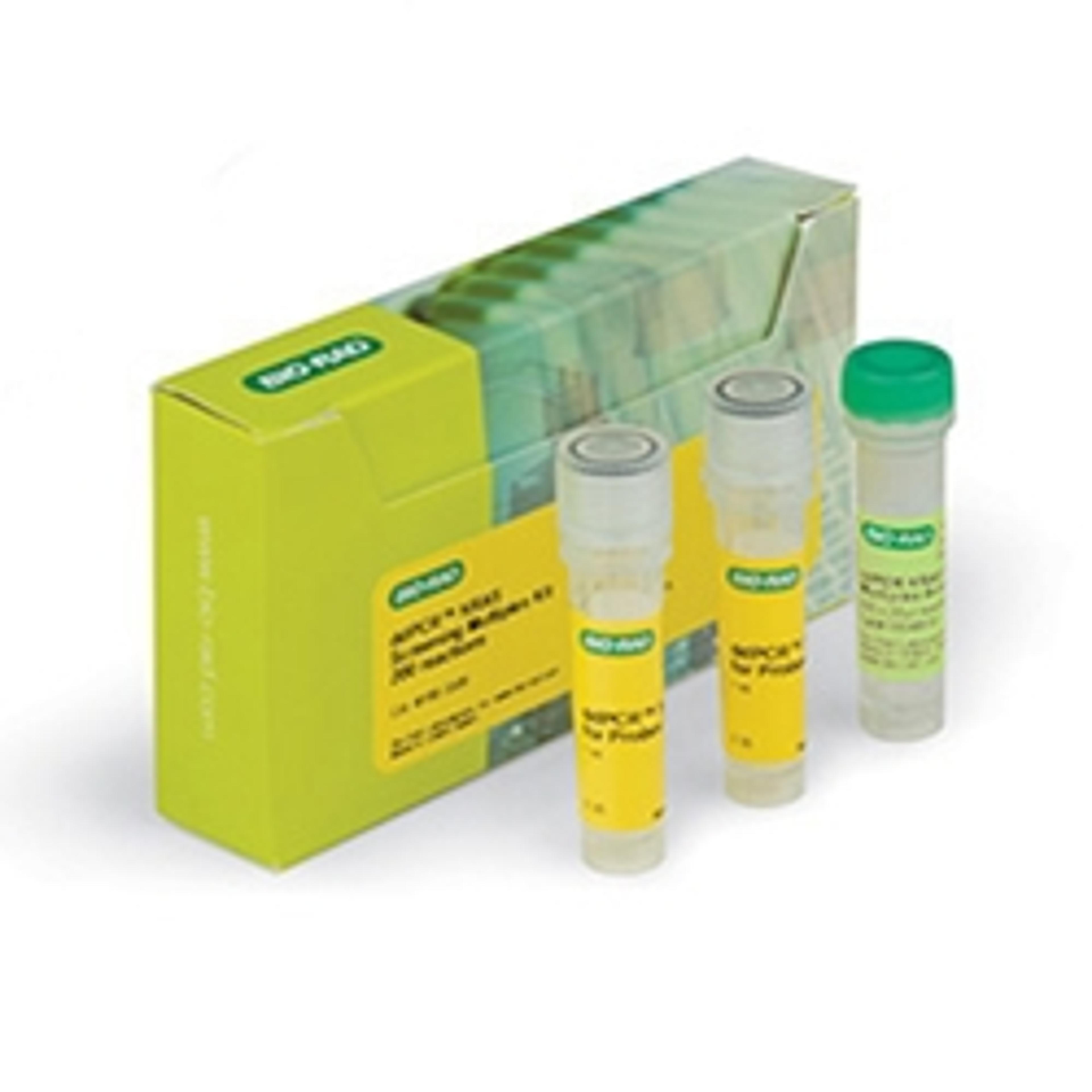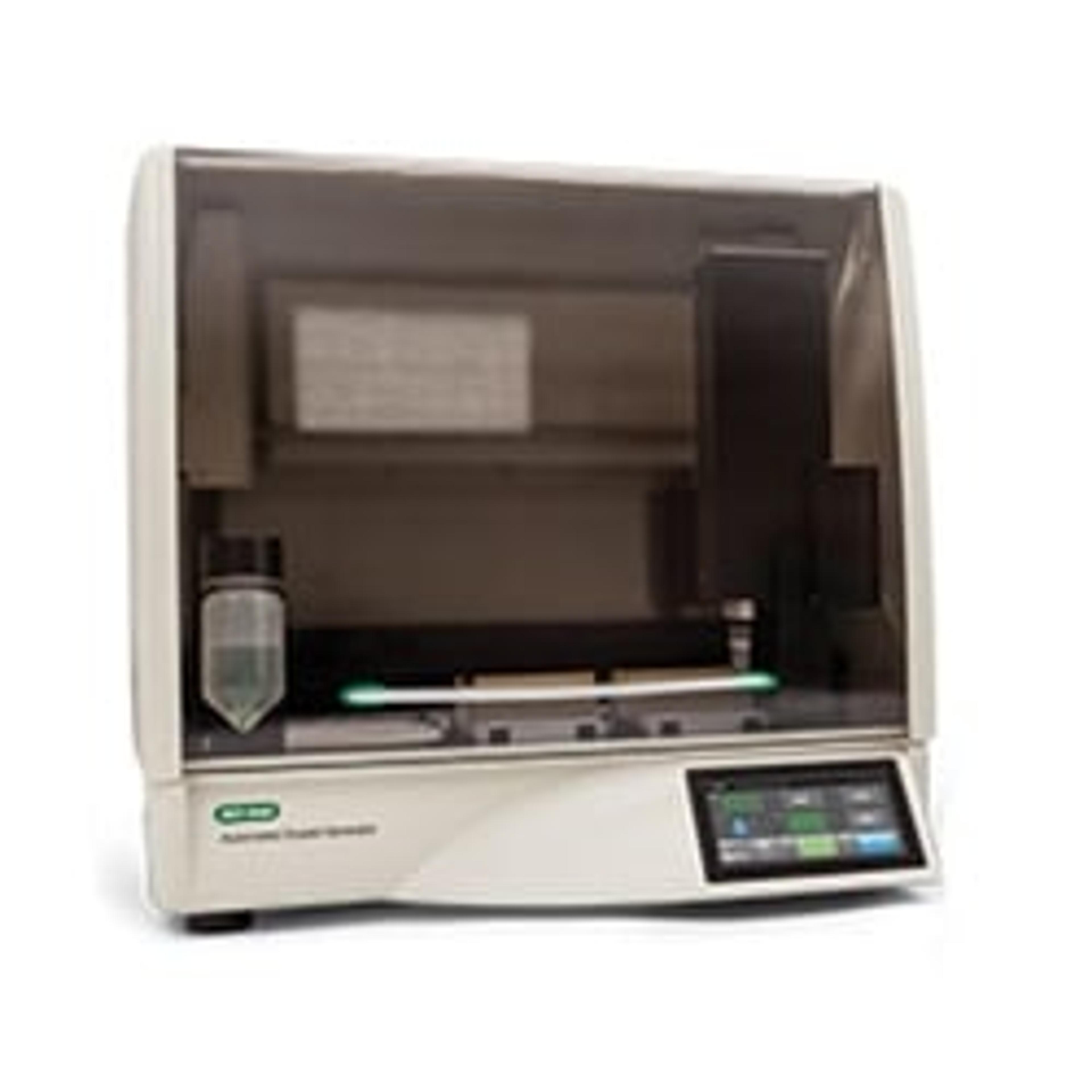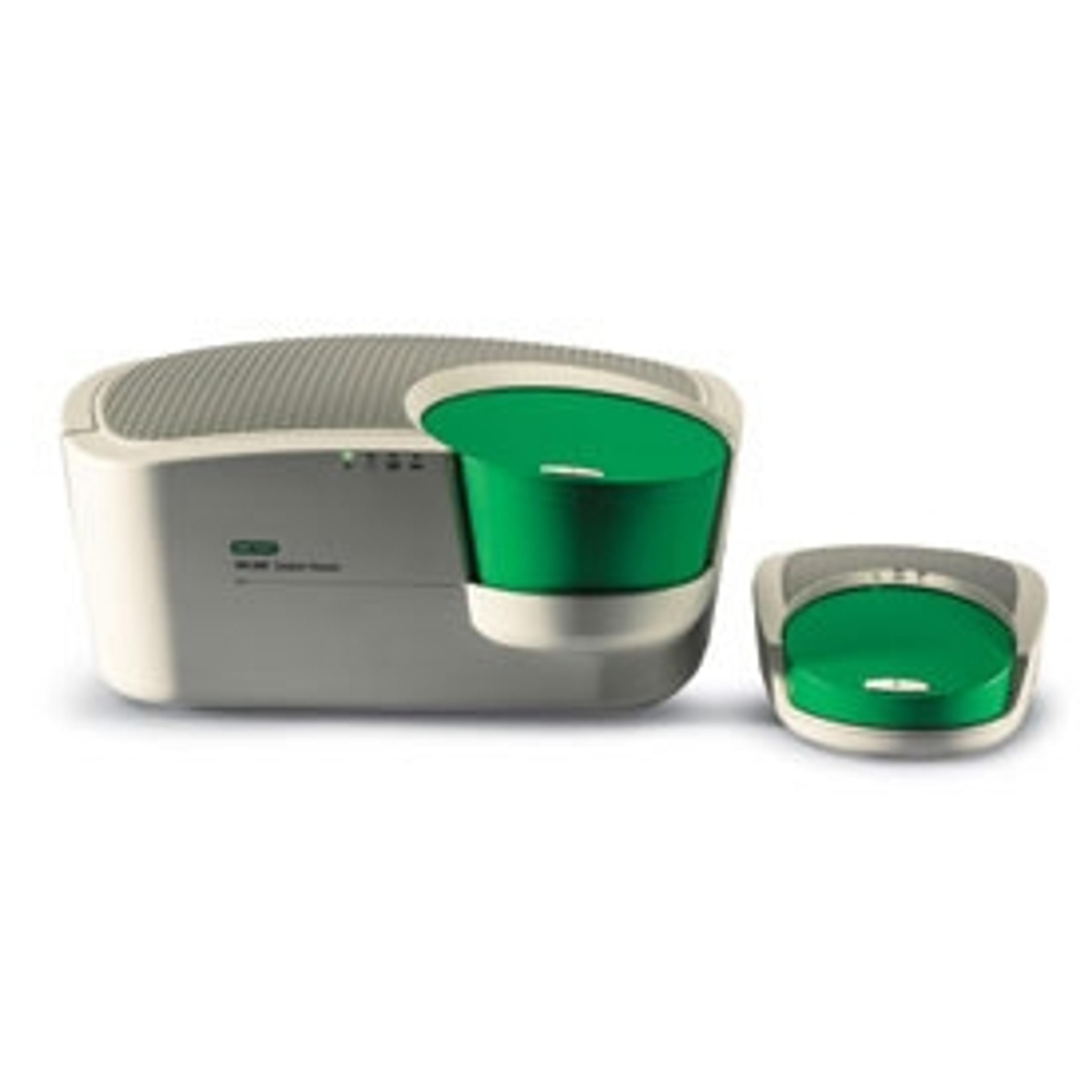Presentations at the AACR Annual Meeting to Highlight Advances in Cancer Research Made Possible by Bio-Rad’s Droplet Digital™ PCR Technology
Tailoring Treatments and Tracking Mutations with Liquid Biopsies possible with ddPCR™ technology
21 Apr 2015
This week researchers will present new findings using Bio-Rad’s Droplet Digital PCR (ddPCR) technology at the American Association for Cancer Research (AACR) Annual Meeting, Philadelphia, April 18 – 22. Since Bio-Rad Laboratories introduced its QX100TM Droplet Digital PCR system in 2012, researchers have been using the technology in oncology research with an objective of tailoring cancer treatments – on a tumor-by-tumor basis – by reading the genetic mutations, amplifications, and rearrangements that make each tumor unique.
Researchers are leveraging the unique ability of the ddPCR technology to detect a very small amount of variant DNA – specifically, oncogenic mutant DNA – quickly, inexpensively, and reliably. From developing a ddPCR-based test that could help physicians guide personalized therapy to tracking tumor mutations that cause drug resistance, researchers from more than a dozen academic institutions and biotech companies highlight the latest advancements using ddPCR technology in cancer research. To date, more than 200 peer-reviewed studies have employed ddPCR systems, of which more than 20 involve their use in research using a cancer liquid biopsy.
Several of the studies highlighted as posters at AACR include:
Droplet Digital PCR Provides a More Sensitive Test to Detect Gene Amplifications in Tumors Than Next-Generation Sequencing Clinical Methods
Gene amplifications of oncogenes are hallmarks of certain cancer types that are directly linked to FDA-approved treatments, but tests that can adequately detect these copy number alterations have been limited by DNA quantity and tumor purity and heterogeneity. Furthermore, biopsies stored as formalin-fixed paraffin-embedded (FFPE) samples are notoriously difficult to work with and yield limited amounts of DNA as the samples can become easily degraded. In a joint research venture, TOMA Biosciences in Foster City, CA, and the Intermountain Precision Genomics in Saint George, UT, found that a new ddPCR-based test using FFPE samples called the Amplinome Test is over 10 times more sensitive than next-generation sequencing (NGS) clinical methods in detecting gene amplifications of 12 genes commonly amplified in cancer. The Amplinome Test detected gene amplifications that that the NGS method missed.
This poster (#23) will be presented from 1-5 PM on Sunday, April 19, in Section 26.
Tracking Patient Response to Cancer Treatments is Quick and Simple Using ddPCR Technology
Unfortunately, patients can develop additional mutations within the tumor as a result of cancer treatment, leading to drug resistance. Researchers from The Royal Marsden NHS Foundation Trust and The Institute of Cancer Research, London will present findings that use patient blood plasma with ddPCR methods to track the evolution of tumor resistance to treatment with anti-EGFR monoclonal antibodies.
This poster (#12) will be presented from 8-12 PM on Tuesday, April 21, in Section 31.
Multiplexing Detects Multiple Mutations Simultaneously, Maximizing Information Gained from Limited Patient Samples
For high sensitivity measurements of circulating cell-free DNA (cfDNA), scientists are given samples of plasma with extremely small amounts of tumor-derived DNA that they use to determine a patient’s cancer mutations. Multiplexing allows the detection of multiple mutations in a single reaction. The University of Texas MD Anderson Cancer Center in Houston, TX will present research that shows multiplex testing for KRAS mutations does not sacrifice accuracy, even with volumes of DNA as low as 16 ng. Multiplexing saves time, money and is feasible in samples with small proportions of cancer-derived mutant DNA.
This poster (#10) will be presented from 1-5 PM on Monday, April 20, in Section 21.
Droplet Digital PCR Technology Permits Absolute Counting of Target Molecules
Dawne Shelton, PhD, Bio-Rad, will give a talk that summarizes work covering the use of ddPCR technology in the tracking of cell-free tumor DNA for early detection of tumor DNA in blood as well as the monitoring of patient treatment and disease progression. Dr. Shelton will also highlight how ddPCR technology has been used to detect copy number amplifications of genes commonly associated with cancer, such as MYC, HER2, and EGFR, and for the detection of KRAS mutations using a multiplex screening strategy.
Dawne’s presentation will be held from 2-3 PM on Sunday, April 19, in the Exhibitor Spotlight Theater A.
Bio-Rad will have a Booth (1527) featuring the award-winning QX200™ Droplet Digital PCR System (the QX200 system is the latest in the series). The company will also present its newly introduced PrimePCR™ ddPCR KRAS Screening Multiplex Kit on display at its booth. The KRAS Multiplex Kit can simultaneously detect the seven most common KRAS mutations that play a critical role in tumorigenesis and are most commonly found in pancreatic, thyroid, colorectal, and lung cancers. Bio-Rad will also highlight the Automated Droplet Generator (AutoDG™) that provides an automated workflow and simplifies the ddPCR workflow.
The QX200 Droplet Digital PCR System and Automated Droplet Generator are for Research Use Only and not intended for use in diagnostic procedures.



